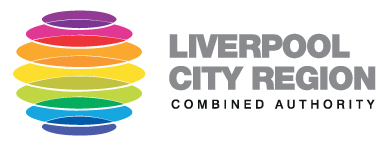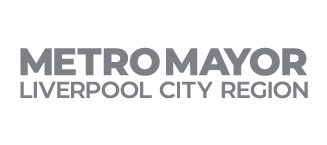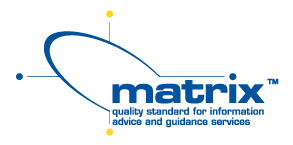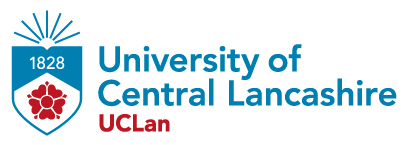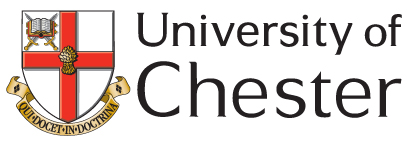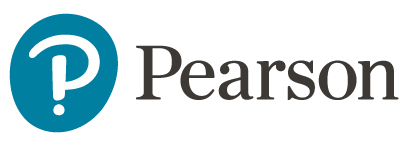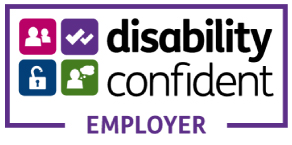SEND Reforms - Frequently Asked Questions
When will the changes come into effect?
The legislation will effectively take effect from 1st September 2014. However, if your child currently has a Statement or Learning Difficulty Assessment, then these documents will continue to have effect after that date until the point at which he or she is issued with an Education, Health and Care plan (EHC). All children and young people will be transferred onto an EHC plan before April 2018.
What is the SEN Code of Practice and where can I find this?
The SEN Code of Practice sets out the current framework for how children with SEN will be supported. The latest draft of the new SEN Code of Practice can be found at www.gov.uk
What is an Education, Health and Care (EHC) plan?
An EHC Plan will replace current Statements of SEN and Learning Difficulty Assessments. The plan will be a legal document describing a young person’s needs, the provision to meet those needs and the suitable educational placement. Government has stated that the plan must be person centred, focusing on the needs and aspirations of the child. EHC Plans will continue into further education and training, and for some young people up to the age of 25. It is vital that young people and their parents and carers will be central to the development of these plans.
What is a personal budget?
A personal budget is an amount of money identified by the local authority to deliver the provision set out in an Education Health and Care plan where the parent or young person is involved in securing that provision.
The personal budget can be a notional amount of money that will is used by the local authority to provide support, either by itself or by another provider. Families can request a proportion of their personal budget to be issued as a direct payment to enable the family to purchase that support themselves.
Who will have an Education Health and Care Plan?
The Department for Education has stated that a child or young person who currently has a Statement or Learning Difficulty Assessment will have an EHC plan. Some children and young people may require an EHC needs assessment in order for the local authority to decide if it’s necessary for it to make provision in accordance with the EHC plan.
Guidance says that EHC plans should be issued when the local authority considers the special educational needs of the child cannot be reasonably provided for with resources normally available to mainstream early years provision, school and post 16 institutions.
How will the transition from a statement to EHC plan be managed?
The changes won’t all happen at once and there will be a phased conversion of existing Statements and Learning Disability Assessments (LDA’s) to the Educational, Health and Care plans that will replace them.
Local authorities are being asked to produce local plans for conversions, identifying which groups of Statements and LDA’s will be converted when. It is likely that conversions will take place at main transition points, for example when a young person is starting primary school, moving up to secondary school or commencing or transferring college. All statements must be converted to EHC plans by April 2018 and LDA’s will be phased out by September 2016.
How are EHC plans requested?
A request for a local authority in England to secure an EHC needs assessment for a child or young person may be made to the authority by the child’s parent, the young person or a person acting on behalf of a school or post-16 institution.
St Helens Council is producing a detailed process and flow chart for parents/carers to understand how to request an EHCP assessment. This will be published on the website: www.sthelens.gov.uk.


